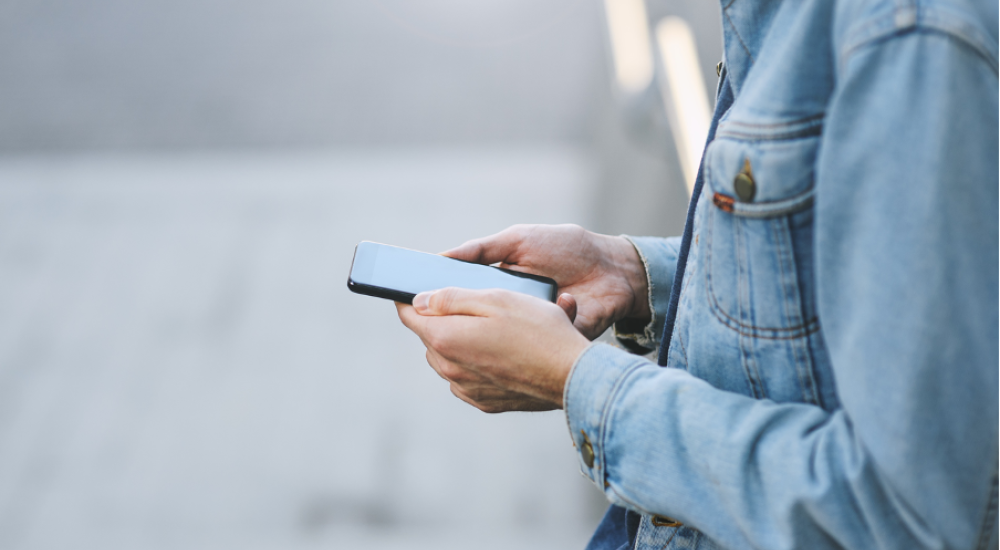
The following is a summary of a recent study conducted by Greg Feldman and colleagues at Simmons University, Boston.
Using our phones in an unstructured way for leisure (scrolling social media, watching videos, texting, gaming, etc.) is a common way that people pass short pockets of free time throughout the day. However, there is growing concern about the harmful effects of excessive screen time, particularly among young people. The research shows that more than half of teenagers feel they spend too much time on their phone and report a desire to reduce this usage, yet many struggle to do so successfully.
We know that reducing phone use has mental health benefits. Individuals who reduce their phone use experience more happiness, less depression, and less loneliness compared to consistent users. However, there is limited knowledge about the impact of choosing alternate phone activities over unstructured use.
One promising alternative phone activity is mindfulness – a practice of encouraging awareness in the present moment, without judgment, and with an attitude of kindness and curiosity. The authors of this study examined the impact of engaging in a mindful breathing meditation compared to unstructured phone screen time on the body’s biological relaxation response. To conduct this study, university students were randomly assigned to either engage in a guided meditation focused on mindfulness of the breath, or to use their phones as usual.
The results revealed that individuals who practiced meditation showed a larger increase in objective biological relaxation, measured via Heart Rate Variability (HRV) compared to individuals who used their phones as usual. Interestingly, both the meditation group and the phone as usual group reported a similar decrease in subjective anxiety. This finding suggests that, while unstructured phone use can reduce our subjective anxiety in the short-term, mindfulness is significantly more effective in increasing the body’s biological relaxation. Further, this increase in biological relaxation found may also be indicative of an increase in one’s ability to regulate emotion and attention.
What we take away from this study: When you (or your teen) have some unstructured time in your day, your first instinct may often be to use your phone. This study shows strong evidence to suggest that if you are using your phone in spare time, you can do the body and mind a favour by using your device to engage in mindfulness meditation instead of typical unstructured mobile screen time. The mindfulness activities will be more effective in improving your body’s relaxation and may also support your ability to regulate of attention and emotion.
References
Feldman, G., Westine, M., Edelman, A., & Higgs, M. (2023). A Mindful Alternative to Screen Time: The Short-Term Effects of a Breath-Focused Mindfulness Exercise vs. Unstructured Smartphone Screen Time on Heart Rate Variability and Relaxation. Journal of Social and Clinical Psychology, 42(6), 581-607.
Note from our Centre for Mindfulness: We would like to support the access to free, evidence-based mindfulness practices for anyone who believes they could benefit. The BC Children’s Centre for Mindfulness and BC Children’s Kelty Mental Health Resource Centre offer a free app, ‘Breathr’, designed to support young people, parents and caregivers, and health care professionals (but anyone is welcome!)







